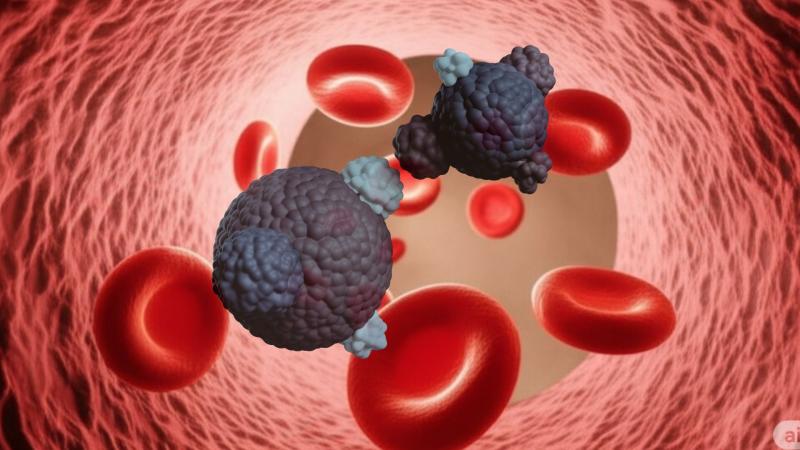ICAR Researchers developed a detailed map showing the areas in Pune most affected by abiotic crop stresses, such as extreme temperatures, drought, poor soil quality, and poor or excessive rains.
Farmers
During the years 2018-2019, India witnessed a few ‘Kisan Long Marches’, where thousands of farmers took to the streets. They marched against state and central governments to alleviate their suffering. Their demands included loan waivers, proper land ownership rights, access to insurance and other welfare schemes, and obtaining a justified price for their crops. The Indian farming community is facing a crisis and farmer suicides are increasing by the day. Does the country’s social and caste structure add to these woes of the farming community? A recent study by researchers has found some insights. The study, published in the journal PLOS One, explored if caste of the farmers played a role in them having access to agriculture-related information.
Researchers from Biodiversity International and collaborators from Norway, Nicaragua, Italy, Ethiopia, Costa Rica, Honduras, Germany, and India have described how participation of farmers as citizen scientists can help to address this challenge.



